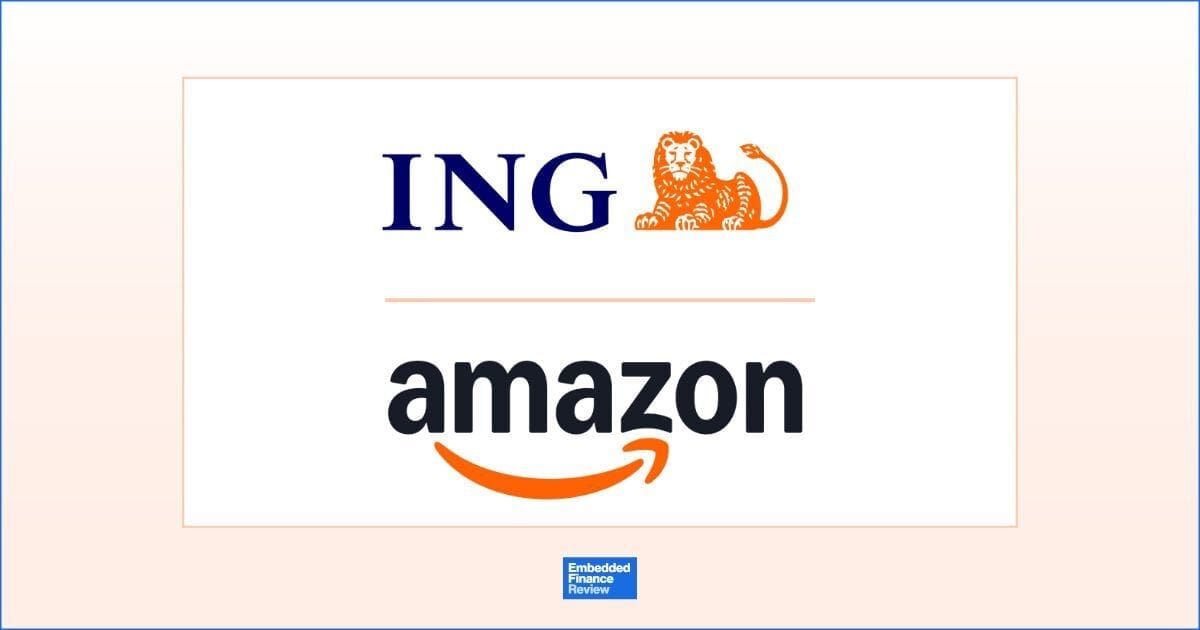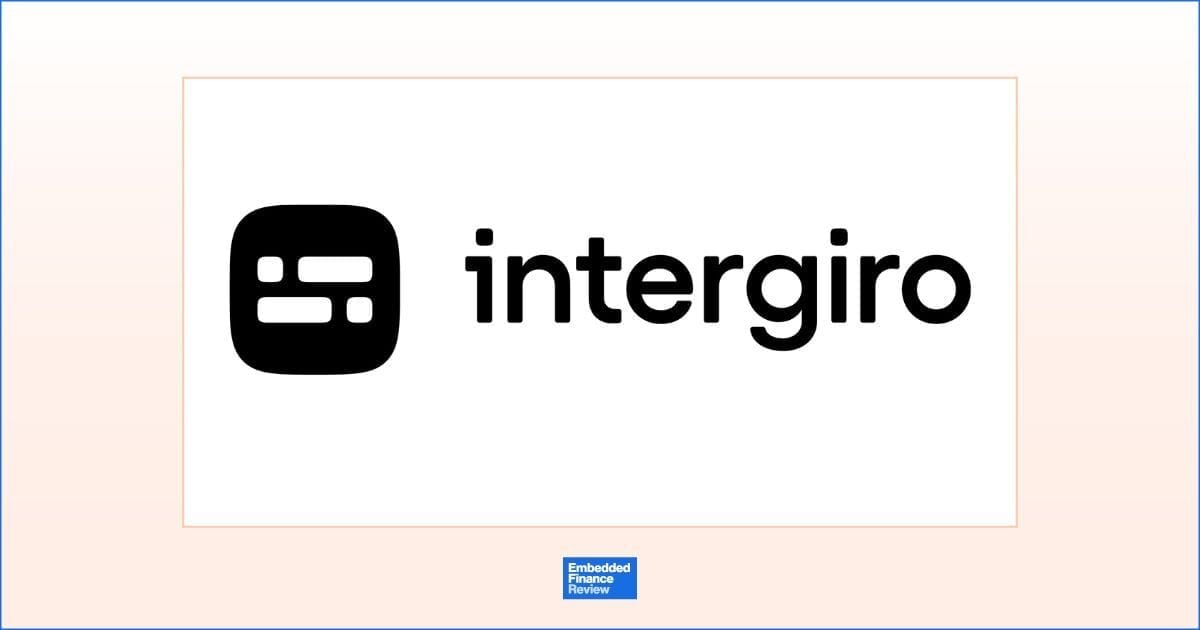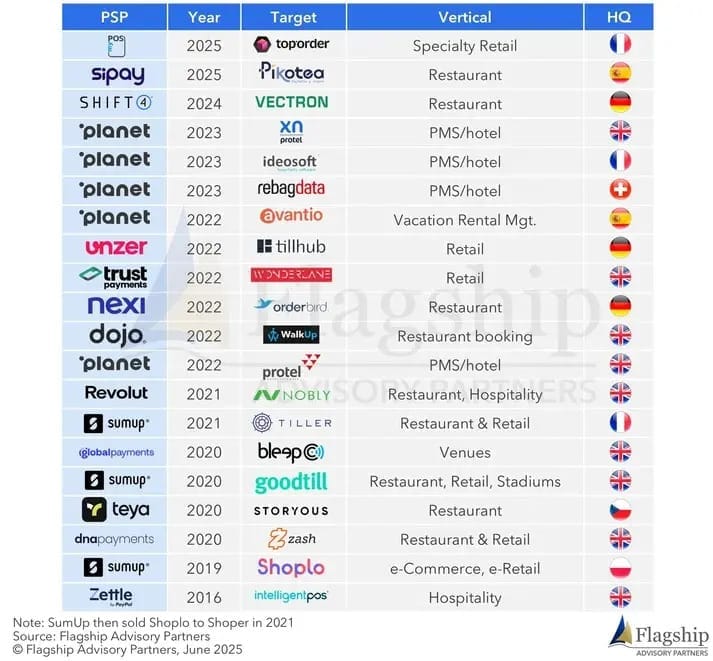Hi {{first name|embedded finance friend}}
Tomorrow, we are co-hosting the Beyond Banking - Embedded Innovation Event in Frankfurt at Techquartier. I want to say a big thank you to our sponsors Sutor Bank and CyberUpgrade.
The public networking event is happening in the evening (starting at 6pm) and is part of the TechQuartier Digital Finance Accelerator. We will spend the entire day in various Embedded Finance and Fintech Masterclasses, before opening the doors to the public for insightful presentations and extensive networking (including drinks and food, of course).
If you're in Frankfurt tomorrow and would like to drop by, please register for a free ticket (Register here).
This newsletter went out to {{active_subscriber_count}} subscribers. If you would like to support my work, you can upgrade to premium or partner with me.
And now let’s dive in 👇
Advertisement:
Seeking impartial news? Meet 1440.
Every day, 3.5 million readers turn to 1440 for their factual news. We sift through 100+ sources to bring you a complete summary of politics, global events, business, and culture, all in a brief 5-minute email. Enjoy an impartial news experience.
Embedded Finance Reality Check: Why ING & Amazon Germany Partnership Failed

What happened: Amazon Germany and ING have stopped their lending partnership (Manager Magazin). Through this partnership, Amazon merchants could apply for loans ranging from EUR 10,000 to EUR 750,000 with repayment cycles of up to three years. The partnership was announced exactly five years ago, in June 2020 (ING).
My comment: Bad news for embedded finance? Maybe, maybe not. There are three elements of this announcement that I found highly important:
- The ING lending product was not ‘embedded’, and it was a relatively traditional partnership. Amazon acted as a broker, presenting loan proposals to interested sellers. These sellers were directed to ING’s website for submitting a loan application. While such an approach might be great for testing user interest, it is surely not the best for maximising volume.
- ING actually cancelled the partnership, not Amazon. According to the article linked at the top (and other statements I have heard before), ING was extremely unhappy with the volume that the partnership was generating. The Dutch bank sought to expand its business banking operations in Germany, and collaborating with Amazon was a means to achieve this goal. Of course, we don’t know why the expected volume was not reached, but perhaps the point above is part of the explanation.
- It seems that Amazon has already replaced ING with Youlend. Therefore, German Amazon merchants can still apply for funding, and through a partner like Youlend, it is likely a lot more ‘embedded’ than the ING partnership. At this point, it is unclear whether Youlend is a quick fix to replace ING or the new long-term partner. However, what this shows is that Amazon does not want a day to pass without a lending offering.
These points are pretty fitting for the podcast episode I plan to publish on Thursday. In this podcast episode, I speak with a digital platform that offers an embedded lending product. And my guest said something like “In a way, we don’t care if our merchants use our financing products or competitive solutions, what matters to us is that financing is not an obstacle for their growth”.
Swedish Regulator Revokes Intergiro’s E-Money License Over Money Laundering Concerns

What happened: The Swedish regulator has revoked Intergiro's e-money license (Realtid). Intergiro provides: a) business banking offerings to SMEs; b) a payment acceptance product; and c) a banking-as-a-service solution. Intergiro needs to wind down its offering until mid-September, but the Swedish company is appealing this decision, as noted on its website (Intergiro).
My comment: For those of you who have been following banking-as-a-service providers, specifically in Europe or the US, you will know that this is not the first clash between regulators and banking-as-a-service providers. The Swedish regulator stated, “Intergiro has had serious shortcomings in its work to combat money laundering and terrorist financing. This has meant a clear risk that criminals have been able to exploit Intergiro to launder criminal proceeds.”
However, this news does not come as a big surprise. An investigation by the Swedish public television broadcaster SVT Nyheter, published in March 2025, already implicated Intergiro in a billion-euro money-laundering activity (SVT Nyheter). So, what could be the way out for Intergiro? It seems that Intergiro’s existing investor, Front Ventures, is working on acquiring all of Intergiro through its entity Citygiro.
Intergiro’s banking-as-a-service customers include companies from the web3 sector (e.g., Retreeb), international transfer (e.g., Transfer Galaxy), and the influencer industry (e.g., fundof). Some of these quoted companies likely stopped using Intergiro at some point (the announcements are older, and the companies may have gone out of business or discontinued their offerings), but others are still working with Intergiro. Will they need to find a new provider, or will they be able to continue using Intergiro/Citygiro? I guess we will know in mid-September at the latest.
Europe Follows US Trend: PSPs Buy Software Platforms to Fight Embedded Payments

What happened: Software platforms now control 35% of the US SMB merchant payments revenue as they offer their own payment and financial products. In response, payments service providers are acquiring commerce software to control the full product bundle and compete. This trend started in the US but is expanding to Europe (Flagship Advisory Partners).
My comment: In a way, you can compare it with banks that are launching their own invoicing and bookkeeping offering. They also do this to compete with software platforms that embed banking, and payment service providers are doing the same for payments. The days of focusing solely on software or financial services are over, but it’s not an easy journey: neither for software platforms nor for PSPs.
In other Embedded Finance news
- Frontend and orchestration provider Toqio has partnered with Adyen to integrate Adyen's payment infrastructure into Toqio's marketplace, enabling its clients to deploy financial services like payments, credit, and treasury tools (Toqio).
- U.S. Bank has unveiled an expanded suite of embedded payment solutions, offering businesses across industries a powerful way to integrate efficient, secure payment capabilities directly into their existing systems (Finextra).
- Embedded Finance helps healthcare providers improve revenue and patient loyalty (PYMNTS).
Event Calendar
- June 25th, Frankfurt: We are partnering with TQ for the Beyond Banking: Embedded Innovation public networking event. Join us for an evening of learning and networking [Register here]








